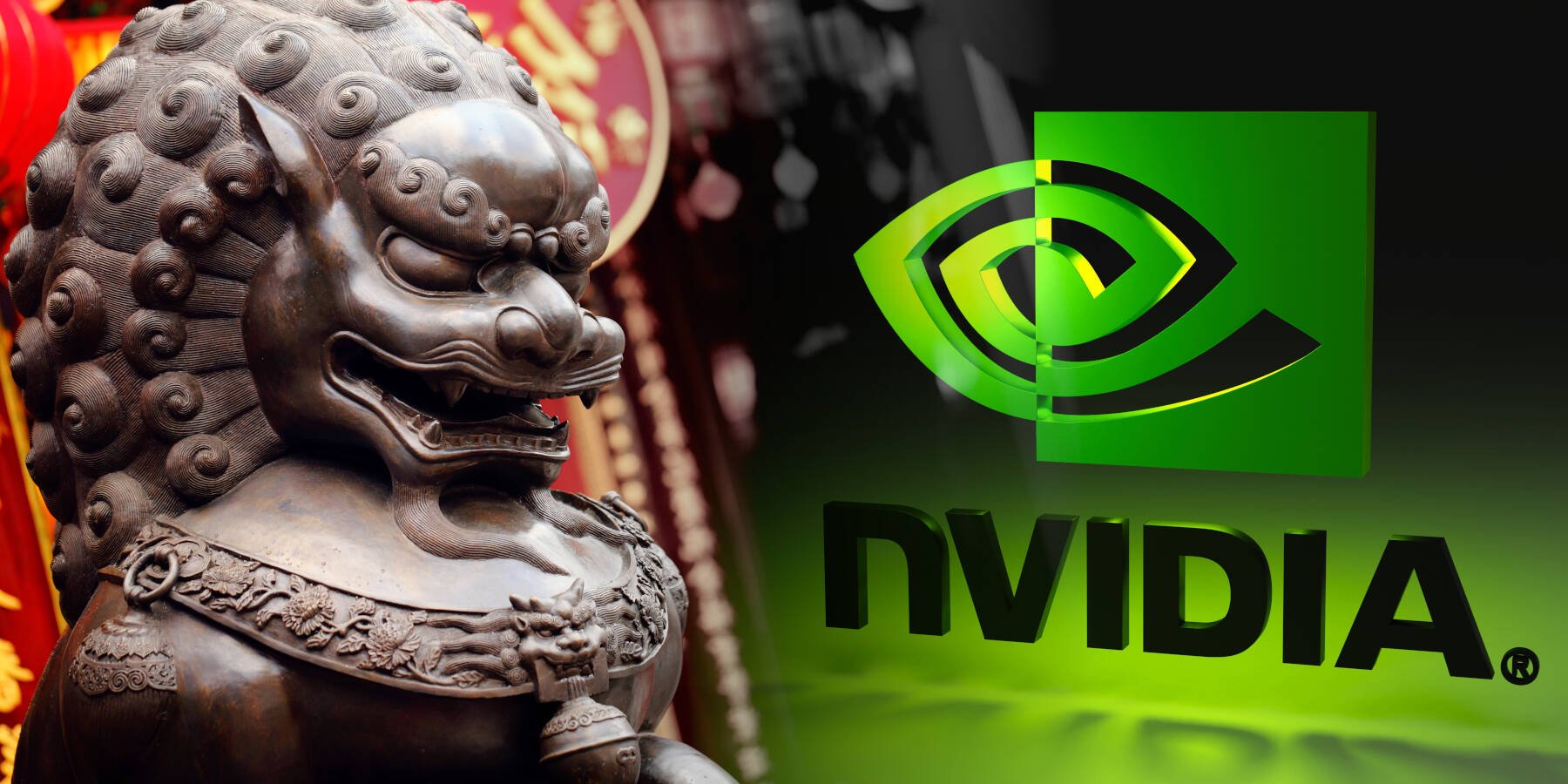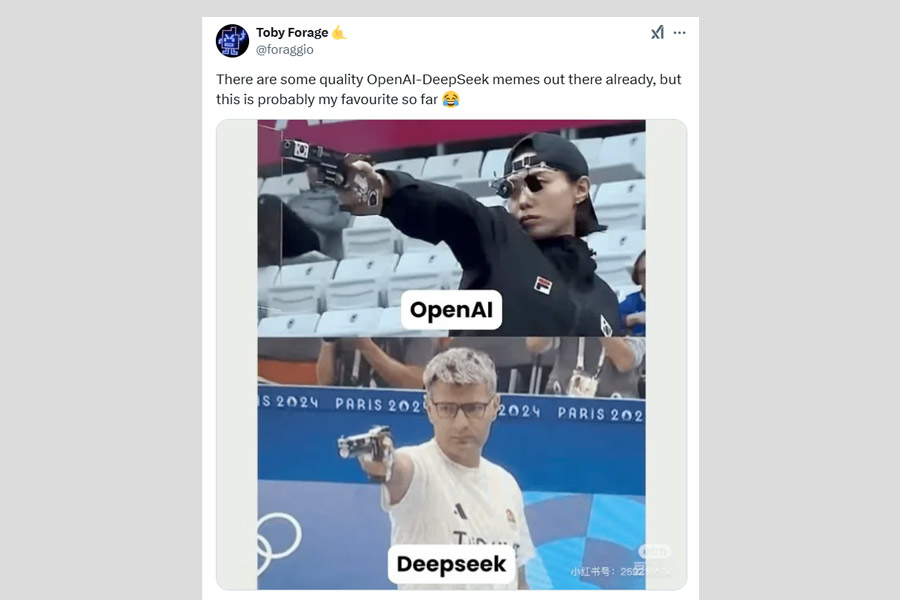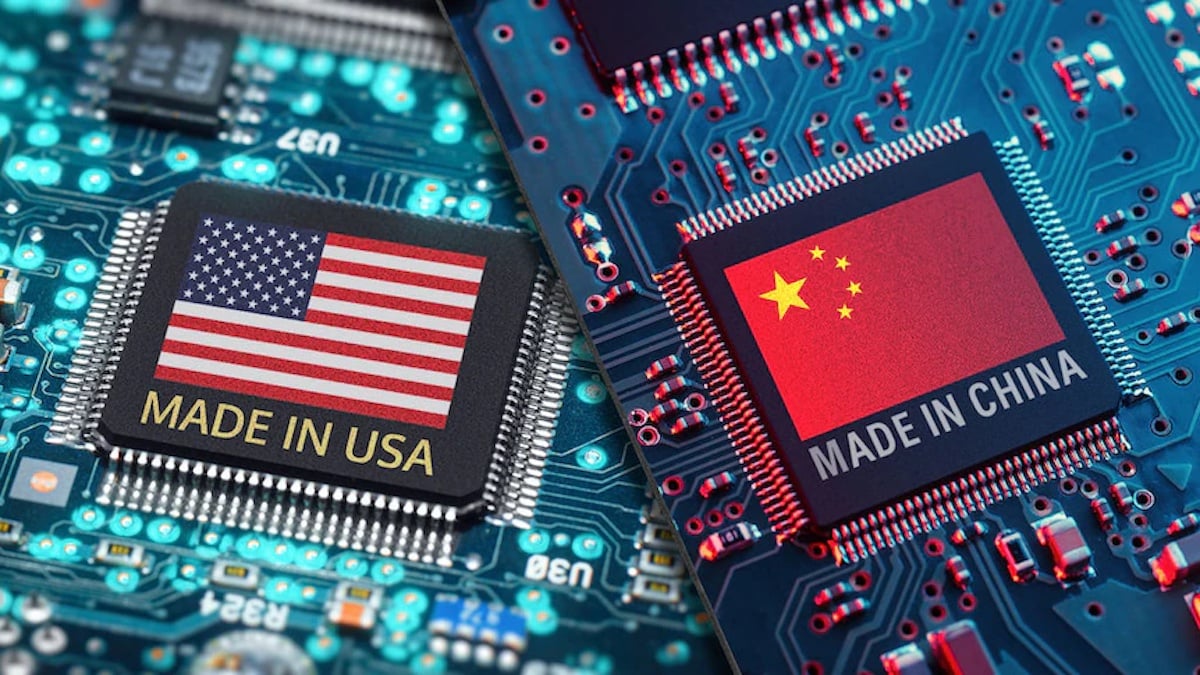AI In 2025: How China’s DeepSeek Is Making ChatGPT Look Like A Calculator!

Welcome to 2025, where the AI arms race has taken a deliciously ironic turn. Remember when we worried about robots taking our jobs? Well, now we’re watching Chinese AI take American AI’s job, and the Silicon Valley elite are sweating in their Allbirds.
The Rise of the Eastern Algorithm
In a plot twist that would make Philip K. Dick reach for his typewriter, DeepSeek has emerged from China like a digital dragon, breathing fire into the carefully manicured gardens of Western tech supremacy. Their flagship model, Janus Pro, isn’t just another AI – it’s the overachiever exchange student who makes the class valedictorian look like they’ve been sleeping through semester.
While OpenAI’s GPT was busy writing poetry and helping students cheat on essays, Janus Pro was quietly mastering everything from image generation to quantum physics, probably while also learning to make the perfect dim sum. It’s like watching a kung fu movie where the humble newcomer suddenly reveals they’ve mastered all 36 chambers while everyone else was still trying to wax on, wax off.
The Onset Of DeepSeek Triggered What We Can Call The Great Wall Street Panic!
Nothing sends Wall Street into a tizzy quite like realizing their tech monopoly is about as secure as a password set to “password123.” NVIDIA’s stock dropped faster than a Silicon Valley executive’s jaw at a DeepSeek demo, wiping out $20 billion in market value. That’s right – in one day, DeepSeek managed to destroy more wealth than most startups burn through in their entire existence.

Bitcoin, that digital golden calf of the tech world, plunged below $100,000, proving that even virtual currency can get vertigo. Japanese tech stocks, meanwhile, performed their own version of seppuku, leaving investors wondering if they should have invested in actual robots instead of robot companies.
What The Global Meltdown Comedy Hour Displays?
Enter the political circus, where former President Trump declared China’s “Sputnik moment,” presumably after someone explained to him what Sputnik was. The U.S. response? Throwing $500 billion at the problem, because nothing says “we’re not panicking” quite like half a trillion dollars of emergency funding.
Elon Musk, our favorite tech prophet of doom, called the situation “invigorating” – the same way a skydiver might find a malfunctioning parachute “invigorating.” Meanwhile, Sam Altman of OpenAI tried to maintain his poker face while watching his technological baby get outperformed by its Chinese cousin. It’s like watching a chess grandmaster realize they’re losing to a phone app.
The Democratization of Digital Doom
Here’s where it gets really interesting: DeepSeek isn’t just better – it’s cheaper. While Western AI companies have been selling their services like they’re offering tickets to digital heaven, DeepSeek swooped in with the AI equivalent of a dollar store. Suddenly, countries that couldn’t afford a subscription to ChatGPT can run state-of-the-art AI on hardware that makes a Nintendo Switch look cutting-edge.
It’s the technological equivalent of finding out the fancy restaurant you’ve been splurging at has been outclassed by a food truck. The democratization of AI sounds wonderful until you realize we’re essentially handing out nuclear launch codes at a discount.

Then Comes The Cybersecurity Circus!
Of course, no story about Chinese technology would be complete without mentioning security concerns. DeepSeek has been hit with more cyberattacks than a honeypot at a hacker convention. It’s like watching a high-stakes game of digital whack-a-mole, except every mole could potentially be carrying state secrets.
The Ethics of Electronic Evolution
As DeepSeek continues its march toward digital dominance, we’re forced to confront some uncomfortable questions. When your AI is smart enough to outthink other AIs, who’s really in control? It’s like watching the beginning of a sci-fi movie where everyone’s too busy being impressed by the AI to notice it’s plotting world domination.
The ethical implications are about as clear as a foggy mirror in a steam room. We’re not just talking about AI being used for surveillance anymore – we’re talking about AI that’s smart enough to suggest better ways to surveil people. It’s innovation with a side of dystopia.
What Are The Lessons We’re Probably Not Learning?
The tech industry’s response to DeepSeek is a masterclass in “too little, too late” reactions. Western companies are suddenly realizing that maybe, just maybe, they should have been innovating instead of resting on their laurels and stock options. It’s like watching dinosaurs realize that maybe they should have invested in asteroid defense.
How Dangerous Is The Future: Now with More Uncertainty!
As we stand at this technological crossroads, one thing is clear: the AI revolution isn’t just coming – it’s here, and it’s speaking Mandarin. DeepSeek isn’t just disrupting markets; it’s rewriting the rules of the game while everyone else is still trying to read the old rulebook.
For those keeping score at home: China is winning the AI race, Western tech giants are having an existential crisis, and somewhere in a server farm, an AI is probably writing a better version of this article. The future isn’t just uncertain – it’s ironically uncertain, with a side of technological anxiety and a garnish of geopolitical tension.

As we watch this digital drama unfold, one can’t help but wonder: In the race to create artificial intelligence, did we forget to use our natural intelligence?
Welcome to the future, where the machines aren’t just learning – they’re teaching us a lesson in humility, with a distinctly Chinese accent. Now, if you’ll excuse me, I need to go learn Mandarin before the AIs make it mandatory.




